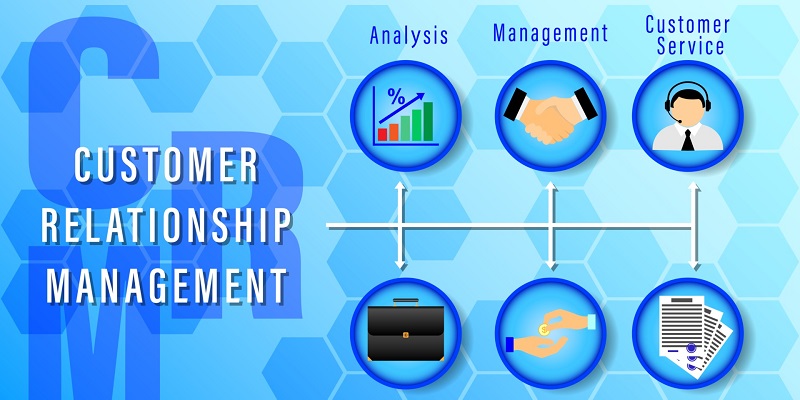As an independent consultant, your business relies heavily on your relationship with your clients. You need to keep track of all your conversations, transactions, and other forms of communication. This is why having a small business CRM is crucial for any consultant’s success.
In this article, we will discuss in detail the importance of using a CRM for your small business, particularly if you are an independent consultant. We will also delve into the benefits of using modern CRMs like Keap, which is software designed specifically for small businesses.
The importance of using a CRM for small business
As an independent consultant, using a CRM is essential if you’re looking to scale your business. When you’re a small business owner, you don’t have the resources to get a massive sales team, so you have to rely on your existing relationships to drive more sales. This is where a CRM comes in handy – it helps you manage your client relationships.
If you’re a consultant, your business relies on providing a service, and keeping track of every interaction with clients is crucial. Without proper documentation, you may encounter misunderstandings with your clients, which can lead to poor business relationships. Tracking your progress with clients helps you understand their needs and provides insights into opportunities for growth.
Challenges faced by independent consultants in using software
As an independent consultant, keeping up with different types of software can be a challenge for those whose skills do not fall under the technical realm. Most of them are focused on providing their services rather than learning how to use new software. Hence, having an easy-to-use CRM is important.
The best CRM for your business is the one that is easy to set up and requires very little technical know-how to use effectively.
The importance of documenting all communication in the CRM
Every email, phone call, and text message you send or receive should be recorded and archived in your CRM. It’s essential to keep a record of all communications with your clients, as this can help you build a strong business relationship with them.
In today’s digital age, text messages are just as valuable in business communications as emails and phone calls. Therefore, it is also important to have a CRM that can record all of your text messages and conversations as well.
The benefit of scheduling calls and appointments in the CRM
Modern CRMs like Keap allow you to schedule calls and appointments within the software. Having this feature in the CRM makes it very easy to manage your time and keep track of all your appointments. Most CRMs are designed to sync with your calendar so you can see everything easily in one place.
This helps you avoid overlapping schedules and, in turn, makes you more productive and efficient.
Managing the sales pipeline with CRM
When it comes to managing leads, keeping track of each lead’s status is essential. Modern CRM software typically has a sales pipeline feature that allows you to track the stage of every lead. A sales pipeline helps you easily find and filter leads that need follow-up and makes it easy to prioritize the leads that require immediate attention.
Automation capabilities of modern CRMs
Most modern CRMs, like Keap, come with automation capabilities. This means that you can automate tasks to save you time and effort. For instance, you can set up automated follow-up emails to go out to clients after they make a purchase or inquire about your services.
Automating tasks helps businesses automate tedious tasks, freeing up more time to focus on critical areas of the business.
Essential Features of a Small Business CRM
The best CRM for small businesses like yours needs to have two essential features: communication tracking and task management. The CRM should track every form of communication, making all communication interactions readily available in one view. Additionally, it should help you manage tasks, send follow-up reminders, and keep you on top of your schedule.
Keap as the best CRM for small businesses
When it comes to the best CRM for small businesses, Keap is the answer. Keap is specially designed to meet the needs of small businesses and has a range of features such as communication tracking, task management, automation, and scheduling calls and appointments. Additionally, Keap is priced with small business budgets in mind, making it very affordable.
In conclusion, if you’re an independent consultant or a small business owner, using a CRM to manage your client relationships is crucial. It provides clarity on transactions, improves communication, helps you manage your schedule, and increases productivity by automating tasks. For small businesses, Keap is the best CRM to invest in as it has all the essential features you need to manage and scale your business effectively.

